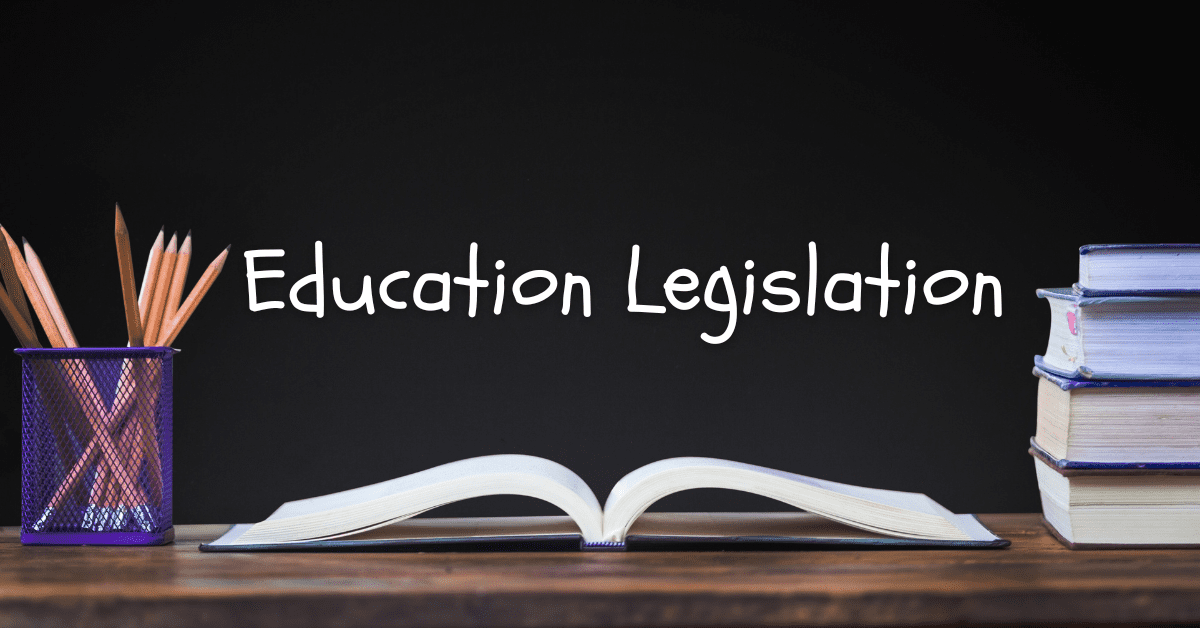
The Education Scholarship Account law for special needs students must be reauthorized this year.
There’s been a lot of talk about education savings accounts (ESAs) recently, both nationally and here in Mississippi. It is a conversation we welcome as parents of special needs students who are either participating in Mississippi’s special needs ESA program or desperately waiting to participate.
ESAs allow parents like us to use the tax dollars the state would otherwise spend on our child’s education for qualified educational expenses like private school tuition, educational therapies, and tutoring. Many states have ESA programs, and six now offer all students in their state the opportunity to participate in such a program.
While we certainly support a broad expansion of ESAs similar to what we are seeing around the country, let’s not forget Mississippi’s existing ESA program, called Education Scholarship Accounts, which currently serves students with special needs.
Since 2015, the Education Scholarship Account program has helped thousands of Mississippi students with special needs reach their full potential. Because of this program, special needs students, many of whom were receiving less than adequate education from their assigned public schools, are now thriving in the school of their choosing, or utilizing a combination of school, education-related therapies, and other methods of customizing their education to meet their unique needs.
We know just how valuable this program is because we’ve seen firsthand the transformation in our own children when they are placed in the right education setting. Each of us hails from great public-school districts, but found they are unable to meet the specific needs of our children. When we were given the opportunity to find another setting, our children began to flourish – something that every parent wants for their child.
This invaluable program is set to expire this year if not extended by the legislature – a frightening thought for families like ours who rely on this program to help keep our children in the best education setting possible. We strongly encourage lawmakers to extend the program and hope they will make improvements to best serve our special needs students.
Beyond simply extending the life of the program, we respectfully ask lawmakers to consider the following changes to the current program:
Eliminate the waiting list
While the program currently serves 387 students, there are more than 230 students on a waiting list to participate. Mississippi could completely eliminate the waiting list for less than $2 million.
Improve administrative efficiencies.
As noted by the Legislative PEER Committee, more than $850,000 of program funds went unused and were returned to the State Treasury in 2021 and 2022. This suggests that program administration could be improved. According to PEER, “MDE (Mississippi Department of Education) has made some improvements in its administration of the program but certain areas continue to be problematic.”
Remove the “out of pocket” requirement
One of the primary reasons parents who are awarded an ESA don’t use it is because of financial circumstances. The program currently requires parents to pay out of pocket with the promise of reimbursement on the back end (quarterly). Further, this process must be done by mail. Many families simply do not have the financial resources to pay these expenses out of pocket with a promise for reimbursement that may never come. A potential solution to this problem is to have the state contract with a vendor for the electronic administration of these funds. Many states with similar programs contract with a third-party vendor (there are several to choose from) that specializes in administering this type of program, which allows families access to those funds in “real-time,” while also preventing fraud or misuse.
Revise the IEP requirement.
Currently, students must have an Individualized Education Plan (IEP) within three years of applying for the program in order to qualify. Since IEPs, by definition, are created by public school personnel, the current IEP requirement means the student would have to attend public school for some period of time to complete the IEP, even if that student’s needs would not be met in that public school. Instead of requiring an IEP exclusively, the state should also accept a similar type plan, known as an Individual Service Plan (ISP), developed by the private school that will be responsible for implementing the plan for the student.
We know from personal experience how important this program truly is to students with special needs and are thankful to all the elected officials who have supported this program over the years. Because of you, many Mississippi children, including some of our own, have been able to thrive in the school that best meets their unique needs. Legislators should act again to save our ESA by reauthorizing it and making the improvements necessary to maximize its full potential. Our children’s futures depend on it.








